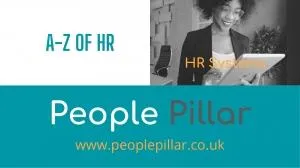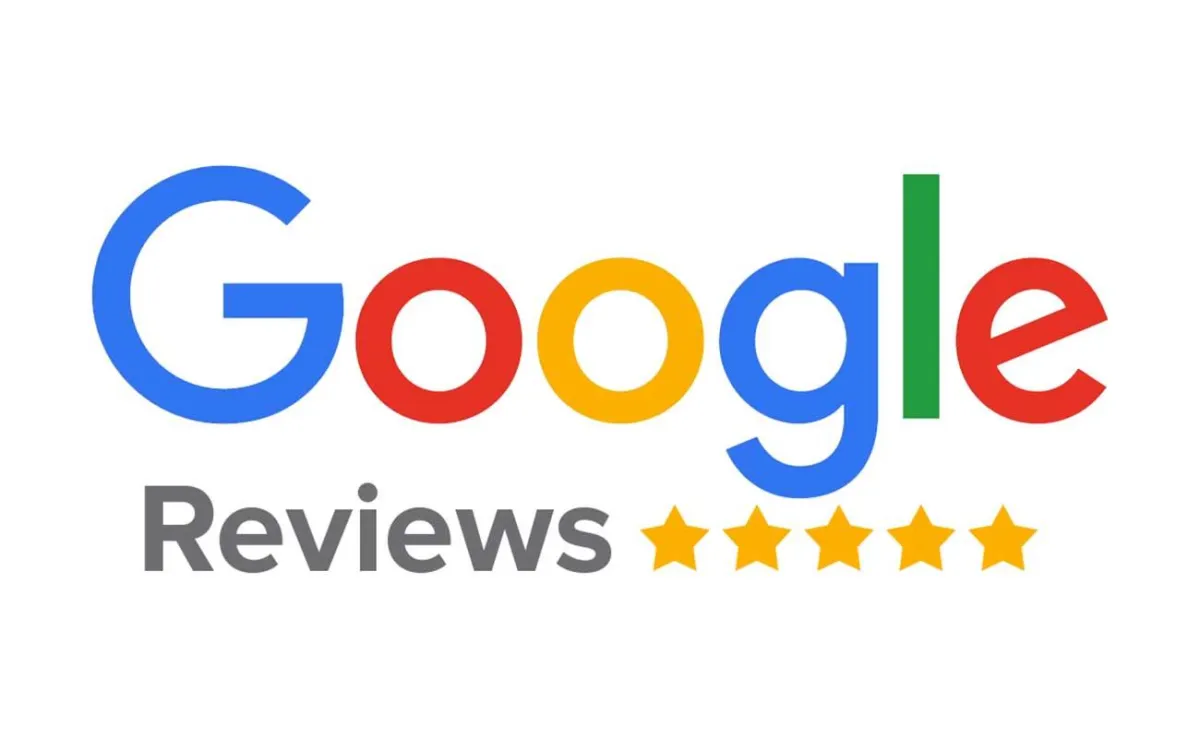Blog

H is for...
Many moons ago in my first HR Admin role, I was rubbish at it. When I left I had spent my last few days putting a load of employee paperwork into alphabetical order ready for filing but ‘unfortunately’ I didn’t get round to doing it before I left. The funny part to that story (well I found it funny) is the woman who took over from me (and had to file the mountain) ended up working for me 10 years later and still remembered that mountain.
Therefore don’t make a mountain out of HR paperwork - use a HR System instead.
HR System
When you start taking on your first employees, most small businesses tend to use spreadsheets and paper forms to manage their day-to-day HR paperwork. When your business is small, this way of working is perfectly manageable, but as your business grows and you recruit more people it can be a nightmare.
Managing time off can cause a headache
As you start to grow your business, it becomes increasingly difficult to juggle who is taking time off and when and making sure you still have enough cover. You can have emails flying around (often being sent to senior managers) and things unfortunately can get missed.
This is frustrating as it means that people who should be focused on running the business are dealing with low level admin. This involves checking to see who else is off, checking if the employee has enough leave, deciding to approve or decline the leave and then going in and updating the spreadsheet. On the flip side this can also cause frustration for employees as they just want to know if they can have the time off (or check how much leave they have left) so they can book the holiday they have been planning for the last 2 weeks.
Having an online system for annual leave therefore means that employees can access their information at any time from any device and can also check to see if anyone else in the team is off.
Managers have everything at their fingertips and can do it all with the touch of a button.
Not storing your employee’s data correctly can land you in hot water
GDPR. No one likes hearing this term. But it's an important one. Employee data can be pretty sensitive – bank details, national insurance numbers, dates of birth, medical history, ethnic origin…. The list goes on.
You have a responsibility to look after this data and store it in an appropriate way for no longer than is necessary. Having information in different spreadsheets or in paper files makes this really hard to do and is a pain to manage.
This has been highlighted further with lockdown as the information can’t always be easily accessed.
The information also needs to be restricted. As it’s sensitive, you can’t have confidential information available to everyone so you need to keep track of who has what access.
Again another headache.
Having an online system means that you can save yourself physical storage space in the office, you can have the information you need when you need it and the best bit, it will be GDPR compliant. You know exactly who has access to what information and reduces the opportunity for data breaches.
It can look unprofessional
People’s expectations about recruitment and onboarding have changed in this digital age. Having lots of paper forms and emails going back and forth with personal details just doesn’t give the right impression and can cause delay and allows room for error.
An online system can create a seamless onboarding process for new starters as well as help you manage the new starter process.
Having all employee records held in a secure, online central location means that you know exactly where it is rather than hunting for a post it note in an employee file or having to search through your spreadsheets.
More importantly, it saves you time, freeing you up to focus on other things.
If you would like to discuss how an affordable HR System (from as little as £1 per employee per month) could help your HR admin headaches go away, then contact me today or have a look for yourself.
If you find this article useful, consider sharing it with others
Happy Customers

Say hello

©2021 - 2024 People Pillar HR | Privacy Policy

